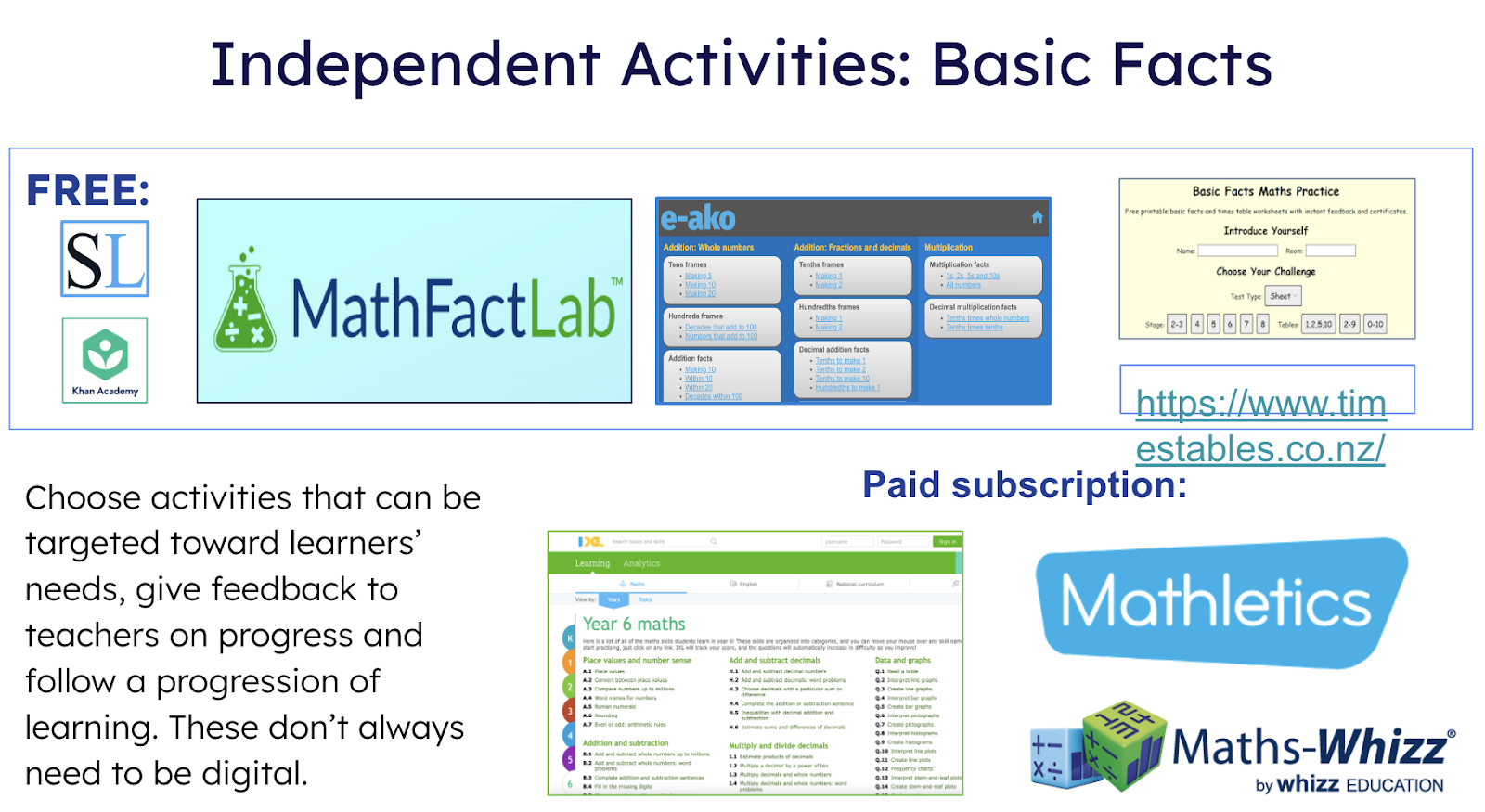Today was the third day of the Manaiakalani Maths Practice Intensive (MPI), focusing on planning an effective math program. Here are some reflections on the content I found particularly interesting.
Weekly Timetable
I was particularly interested in the discussion about structuring a weekly timetable for a class. In the past, I have used a tumble/rotation system, but it has always been challenging for students to complete their tasks or follow-up activities due to insufficient time.
Georgie introduced a new approach today: a tumble system where, aside from the time spent with the teacher, students have the freedom to choose what they do during the other slots. This method fosters student agency and allows them to take control of their learning.
I am eager to explore this approach. While I anticipate it will require significant scaffolding initially, I believe it will be beneficial in the long run.
Tracking my kid's progress
Another area I’m interested in improving is tracking my students' progress against the curriculum. Although I have the maths progressions as a starting point, I would like a spreadsheet with a more granular breakdown of achievement progression, such as knows times tables from 1-10. This detailed tracking would be extremely helpful in monitoring progress. I am hopeful that once the new curriculum is finalised, such detailed progressions will be included.







Hi Rob,
ReplyDeleteThanks for sharing your reflections on Day 3 learning. It’s great that the MPI weekly timetabling resonated with you, especially the idea of giving students some freedom to choose their activities. I agree that this will require initial scaffolding to ensure students are focused on their maths goals rather than just doing 'busy' work:) I share your hope that the finalised curriculum with detailed progressions will be available soon. We’re expecting this to be released in Term 4, so fingers crossed!
Your plans to refresh independent activities are exciting. Balancing the time needed to track progress with implementing new activities can be tricky, but focusing on one at a time (for you) and using self-assessment programmes might help your learners monitor their own progress.
Thanks again for sharing your reflections. I’m looking forward to hearing how these new strategies and tools work for you and benefit your students!